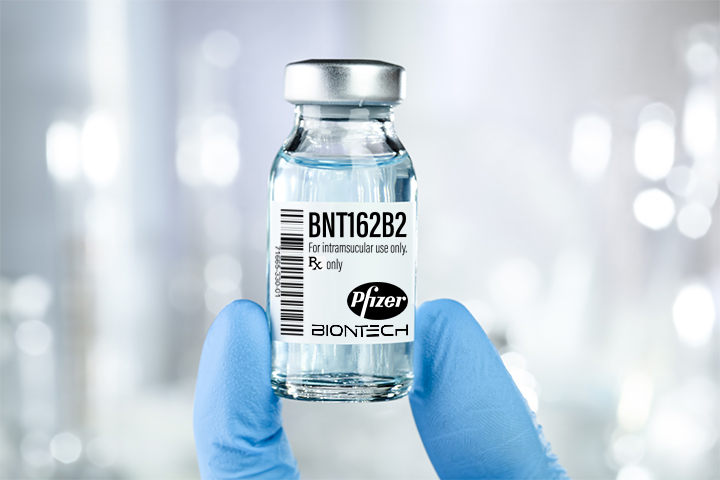Prime Minister Boris Johnson touted the medicine authority’s approval as a global win and a ray of hope amid the gloom of the novel coronavirus which has killed nearly 1.5 million people globally, hammered the world economy, and upended normal life.
Britain’s Medicines and Products Regulatory Agency (MHRA) granted emergency use approval to the Pfizer-BioNTech vaccine, which they say is 95% effective in preventing disease, in record time – just 23 days since Pfizer released the first data of its final clinical stage judgment.
The approval of a vaccine for use almost exactly one year since the new coronavirus emerged in Wuhan, China, is a triumph for science, said Pfizer chief Albert Bourla and his German biotechnology partner BioNTech.
Britain said it would start vaccinating ordinary people early next week after receiving 800,000 doses from Pfizer’s manufacturing center in Belgium. The speed of launch depends on how quickly Pfizer can manufacture and deliver the vaccine.
Johnson said last month that Britain had ordered 40 million doses of the Pfizer vaccine, enough for just under a third of the population since it takes two injections of the vaccine per person to gain immunity.
Health Secretary Matt Hancock said: “This is just the beginning and we will constantly expand our immunization program, ultimately helping everyone return to normal life.”
Those over 80 have been invited to get vaccinated first, along with some of the health and care personnel. But the highest priority group, nursing home residents, has just begun to take the hit from Pfizer-BioNTech.
Other pioneers in the vaccine race include American biotech firm Moderna, which has said its injection is 94% successful in late-stage clinical trials. Moderna and Pfizer have developed their shots using new messenger RNA (mRNA) technology. It must be kept in large batches in ultracold storage. And the NHS had been waiting for guidance on how it can be safely brought into nursing homes.

